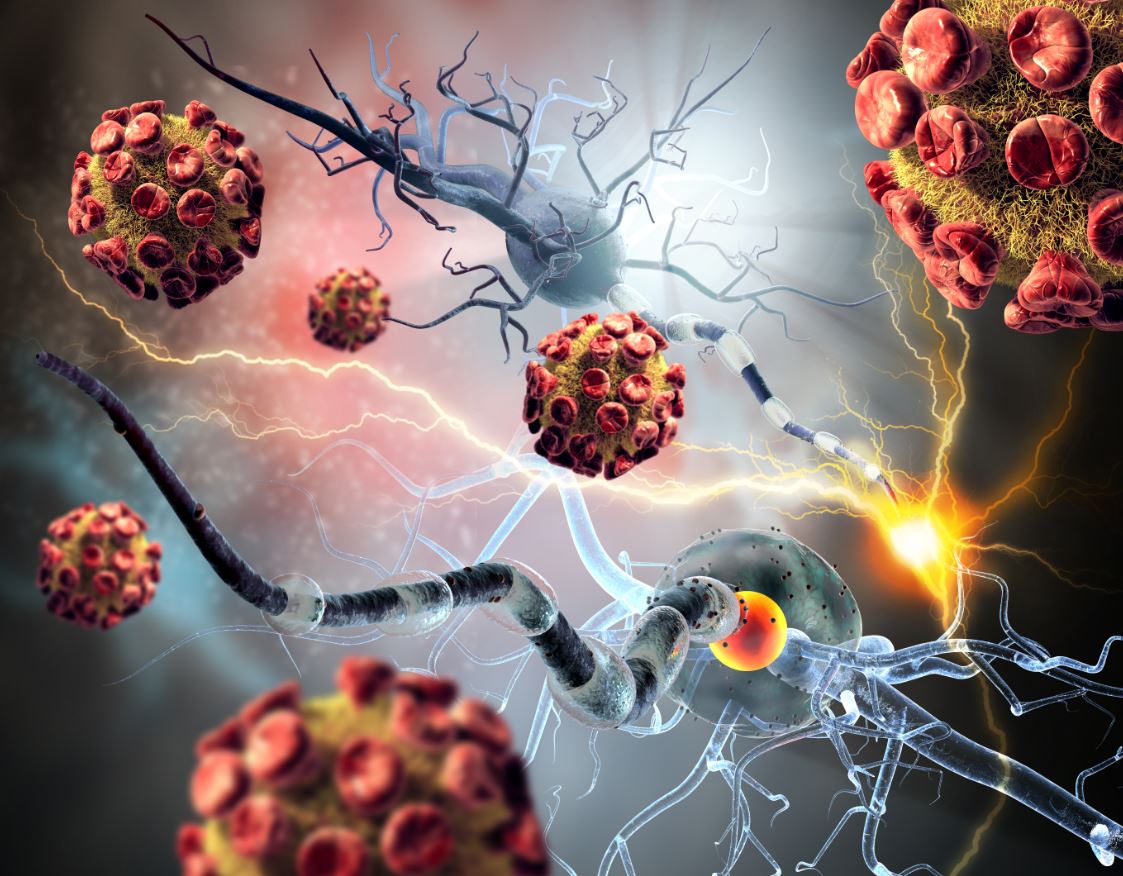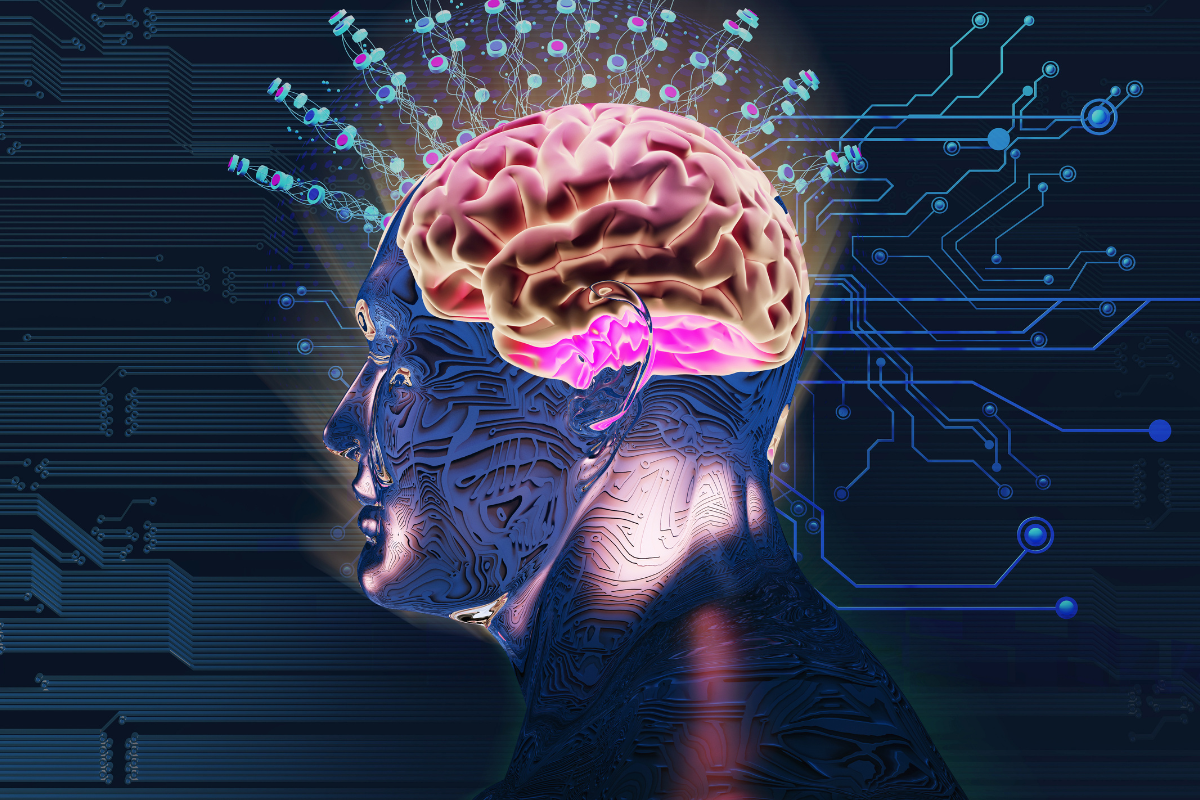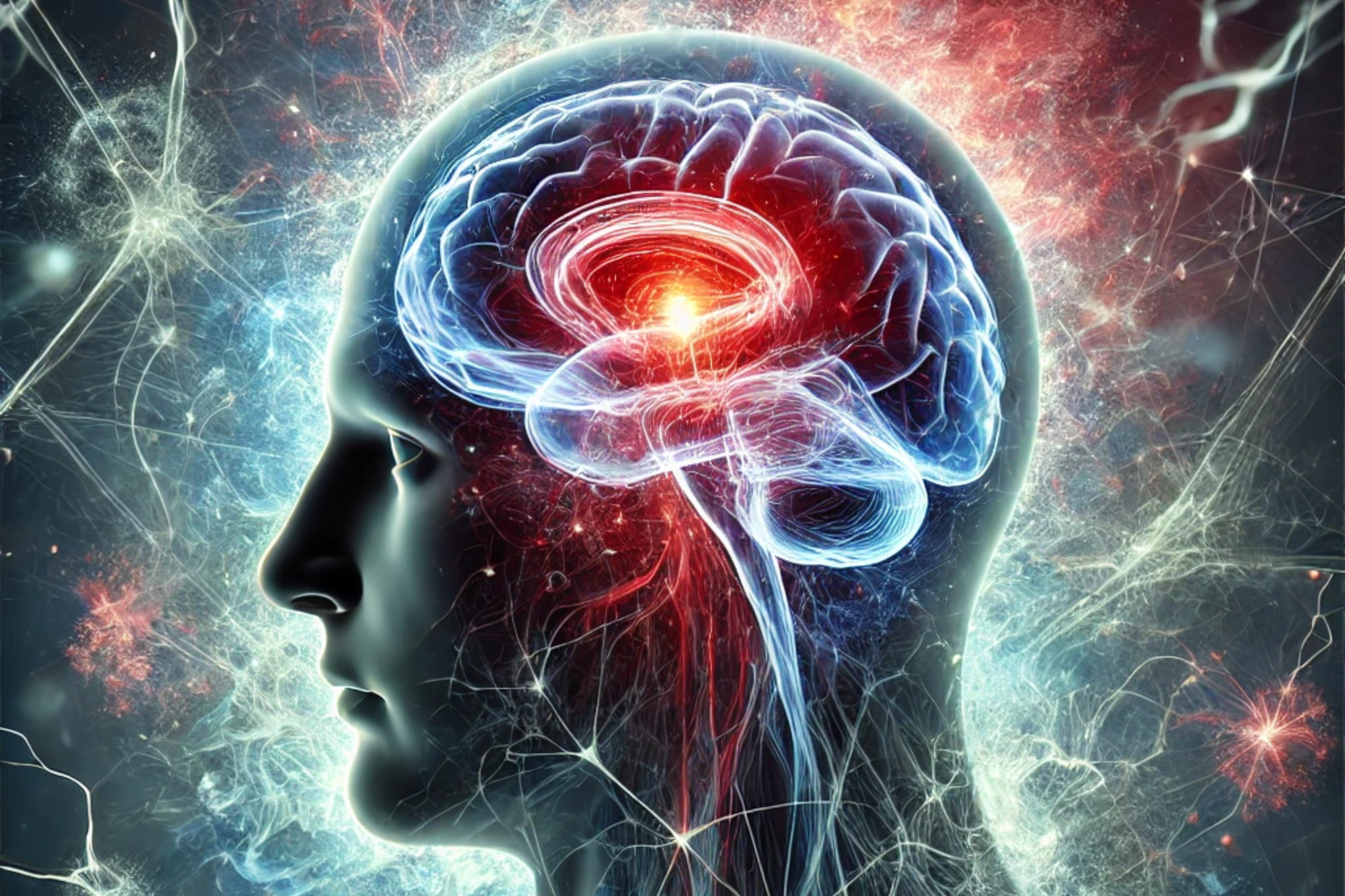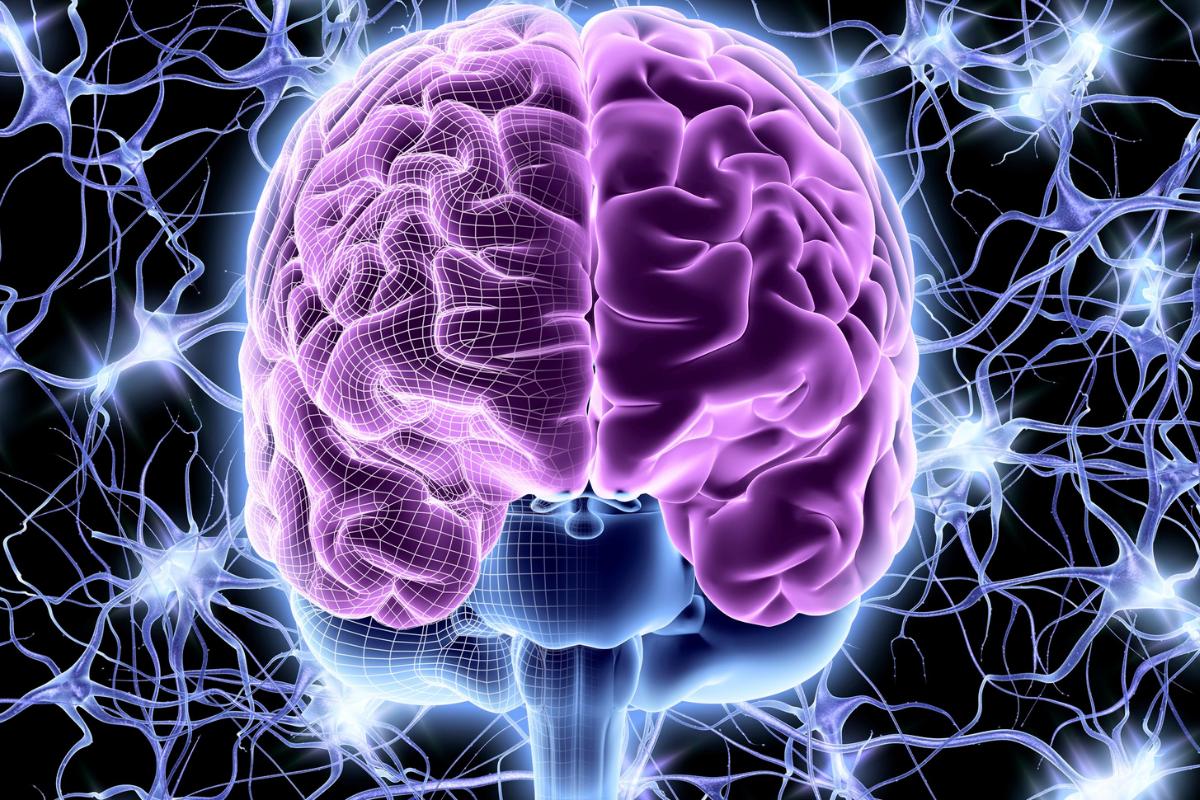By Dr. Petrus Raulino
A review of scientific studies published in the journal Frontiers in Psychology showed that a large proportion of survivors of the COVID-19 can be affected by neuropsychiatric and cognitive complications.
Effects of COVID-19
Evidence suggests that COVID-19 patients develop neurological symptoms such as headache, altered consciousness and paresthesia. Cerebral edema and partial neurodegeneration have also been found at autopsy.
In addition, there are reports that the virus has the potential to cause damage to the central nervous system. Together, these findings point to a possible role for the virus in the development of acute psychiatric symptoms and long-term neuropsychiatric sequelae.
The acute psychiatric manifestations of COVID-19 reported are increased stress, anxiety and depression.
The virus can play a direct or indirect role in activating neuroinflammationThis predisposes the body to psychiatric manifestations.
In the short term, 20-40% of COVID-19 cases may experience complications such as cerebrovascular events, headache, dizziness, encephalopathy, anosmia, ageusia and mood problems.
In the long term, it is hypothesized that psychiatric manifestations can be provoked as a consequence of biological factors of COVID-19, stigmas or memories, and amnesia associated with intensive care.
Psychiatric manifestations can be seen in the form of an increased incidence of depression, anxiety, post-traumatic stress disorder (PTSD) and, in certain cases, serious mental illness.
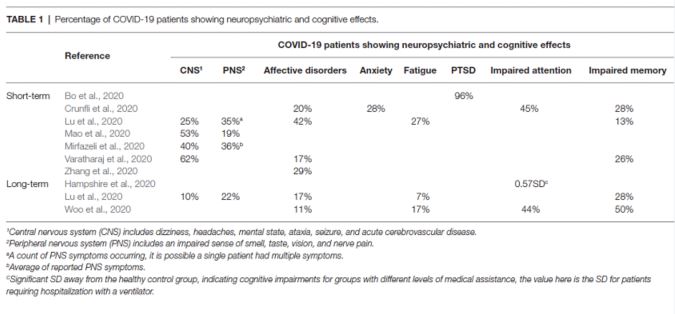
Sequelae of the new coronavirus
Currently, the long-term neuropsychiatric sequelae of COVID-19 are still unknown.
However, we can speculate its effects from our understanding of the mechanisms of COVID-19 in the central nervous system and also from the evidence of the long-term neuropsychiatric effects caused by the SARS-CoV-1 (Severe Acute Respiratory Syndrome) and MERS-CoV (Middle East Respiratory Syndrome) viruses.
Through careful and detailed scientific studies of case histories accompanied by neuroimaging tests and standardized neuropsychological assessments, the complex nature of the neuropsychiatric presentations of COVID-19 can be better understood.
This will help to clarify whether neuropsychiatric and cognitive problems are a direct consequence of structural abnormalities in the brain or are a reaction to the potential physical and mental stress associated with the body coping with COVID-19.
For the time being, both hypotheses are viable. We're keeping an eye on things.
References
Mao, L., Jin, H., Wang, M., Hu, Y., Chen, S., He, Q., ... & Hu, B. (2020). Neurologic manifestations of hospitalized patients with coronavirus disease 2019 in Wuhan, China. JAMA neurology, 77(6), 683-690.
Kumar, S., Veldhuis, A., & Malhotra, T. (2021). Neuropsychiatric and Cognitive Sequelae of COVID-19. Frontiers in Psychology, 12, 553.


